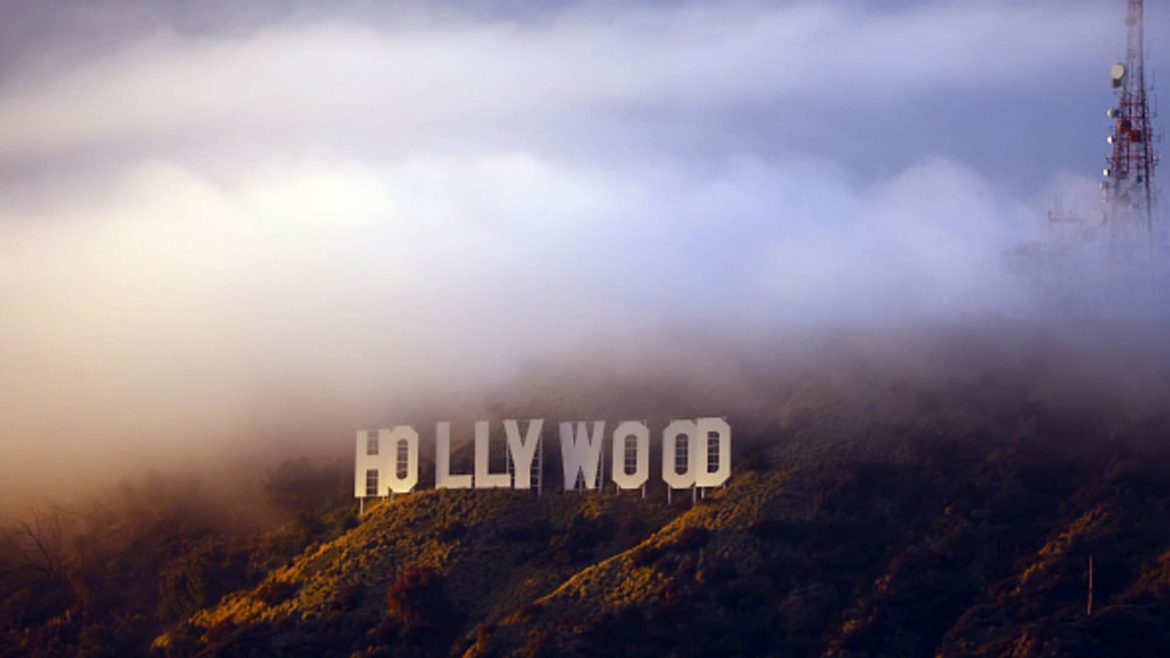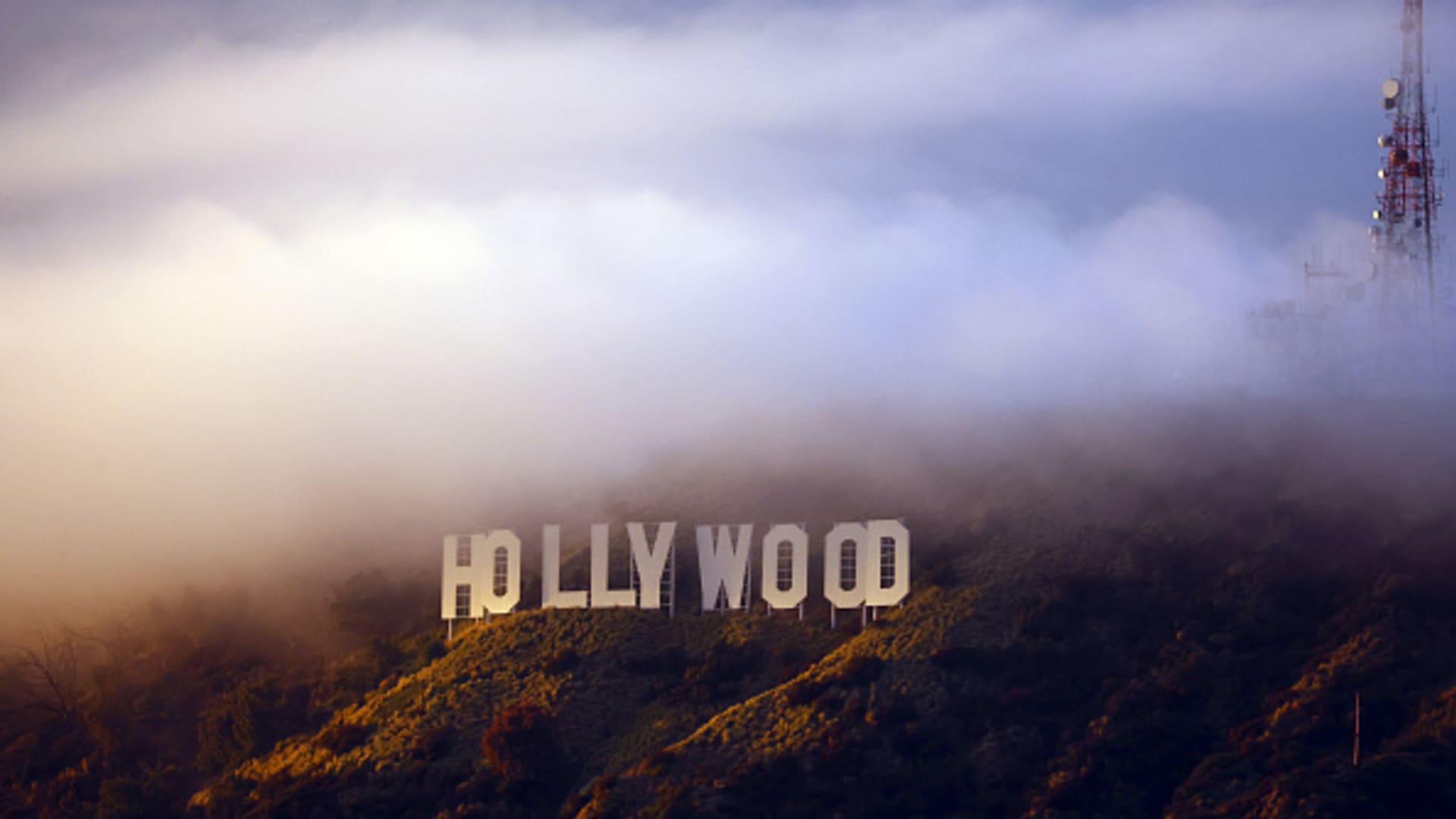The Trump Tariff on Foreign Movies: A Detailed Analysis
Introduction
In a bold move that has sent shockwaves through the entertainment industry and global markets, President Donald Trump announced a 100% tariff on movies produced outside the United States. This decision, made public on his social media platform Truth Social, has sparked a flurry of reactions and raised numerous questions about its implications. This report delves into the reasons behind the tariff, its potential impacts, and the broader context of Trump’s trade policies.
The Announcement and Its Rationale
President Trump’s announcement came as a surprise to many, but it was framed within his broader narrative of protecting American industries from foreign competition. In his Truth Social post, Trump stated that the U.S. movie industry is “dying a very fast death” due to incentives offered by other countries to attract American filmmakers. He argued that this trend poses a national security threat, a claim that has been met with skepticism by many industry experts.
The Mechanics of the Tariff
The proposed tariff would be implemented through the Commerce Department and the U.S. Trade Representative. It would apply to all movies produced outside the United States, including those made by American companies overseas. This move is part of a broader strategy by Trump to use tariffs as a tool to reshape global trade dynamics in favor of the U.S.
Potential Impacts on the Film Industry
Economic Implications
The immediate economic impact of a 100% tariff on foreign movies would be significant. Movie production costs would increase, potentially leading to higher ticket prices for consumers. Studios might lobby exhibitors to raise prices, which could deter audiences from attending theaters. This could exacerbate the already challenging economic conditions faced by the film industry, particularly in the wake of the COVID-19 pandemic.
Creative and Cultural Shifts
Beyond economic considerations, the tariff could have profound creative and cultural implications. Hollywood has long been a global industry, with filmmakers and talent from around the world contributing to its success. A tariff that discourages foreign production could limit the diversity of voices and perspectives in American cinema. It could also lead to a brain drain, as talented individuals seek opportunities in more welcoming environments.
The Broader Context of Trump’s Trade Policies
This announcement is not an isolated incident but rather part of a broader pattern in Trump’s trade policies. Over the past few years, Trump has imposed tariffs on a wide range of goods, from steel and aluminum to consumer electronics. These actions have often been justified on national security grounds, a strategy that has been criticized by economists and trade experts. The tariff on foreign movies fits into this pattern, using protectionist measures to shield domestic industries from global competition.
Industry Reactions
The reaction from the film industry has been largely negative. Producers and industry experts have argued that the tariff will do more harm than good. Randy Greenberg, a producer, wrote in a LinkedIn post that the tariff would increase production costs and ultimately hurt Hollywood. He predicted that studios would pass these costs onto consumers, leading to higher ticket prices and potentially reducing audience turnout.
Conclusion
A Pivotal Moment for the Film Industry
President Trump’s announcement of a 100% tariff on foreign movies marks a pivotal moment for the film industry. While the tariff is framed as a means to protect American jobs and national security, its potential impacts are far-reaching and complex. From economic repercussions to creative and cultural shifts, the tariff could reshape the landscape of American cinema in ways that are yet to be fully understood. As the industry grapples with these changes, one thing is clear: the future of Hollywood is at a crossroads, and the decisions made today will have lasting implications for years to come.


